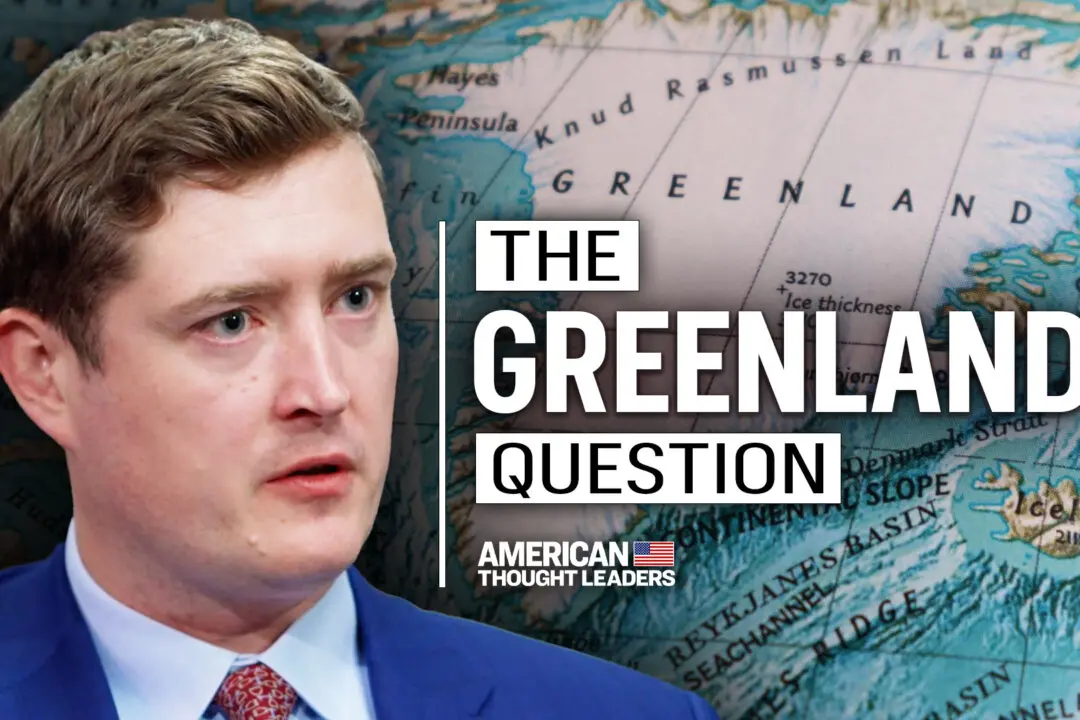The anti-Trump “Resistance” has devastated core American institutions and broken longstanding political norms in seeking to defeat and now oust from office President Donald Trump, said Kimberley Strassel, a columnist for the Wall Street Journal and member of the Journal’s editorial board.
“And this, to me, is the irony, right? We’ve been told for three years that Donald Trump is wrecking institutions,” Strassel said in an interview with The Epoch Times for the “American Thought Leaders” program.





